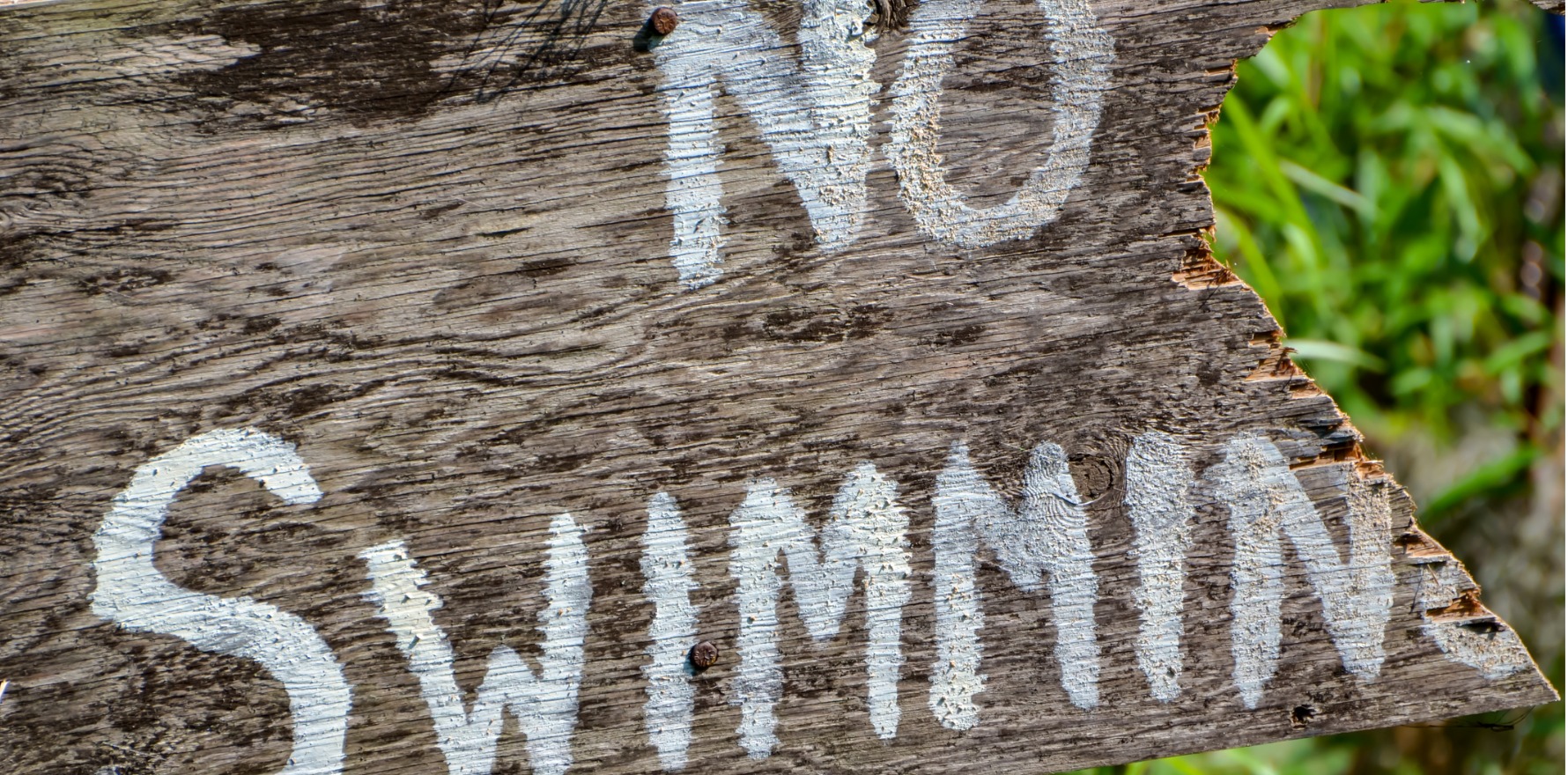Cases of the water-borne disease have skyrocketed in Australia this year, prompting health chiefs in three states to speak out.
Health authorities in three states have issued warnings about a rise in the number of cryptosporidiosis cases in recent months.
Queensland has had 1154 notifications in the first six weeks of 2024 alone, according to the latest data from the National Notifiable Disease Surveillance System. The state had only 1440 cases in the whole of last year.
NSW has reported almost 500 cases so far in 2024, according to Health Protection NSW executive director Dr Jeremy McAnulty, compared with a five-year average of 95 cases for the same time period. Almost half of these cases have been in children under 10.
Victoria has recorded 233 cases, followed by Western Australia (66), South Australia (61), the ACT (37), the Northern Territory (13) and Tasmania (4).
The national total for 2024 sits at 2034. The national total for the whole of 2023 was 3687.
Cryptosporidiosis is a diarrhoeal disease caused by the parasite, cryptosporidium, which infects the intestine and is a common cause of acute diarrhoea in young children. Other symptoms can include nausea, vomiting, fever, headache, and loss of appetite.
The disease can be more serious in people with compromised immune systems and chronic health conditions. There is no specific treatment other than supportive care focused on avoiding or treating dehydration.
“Cryptosporidiosis is commonly acquired by swimming in and swallowing water contaminated with cryptosporidium parasites,” said Dr McAnulty.
“The parasite survives for many days, even in chlorinated pools, and in the past very large outbreaks have been caused by people who had recently been infected going swimming.
“Almost half of the cases reported this year had been swimming during their exposure period, and with such a high proportion of young children affected and with many schools about to hold swimming carnivals, we’re urging parents to stay alert for symptoms.”
Victoria Health chief health officer Dr Clare Looker said health professionals should consider the possibility of cryptosporidiosis in people presenting with gastroenteritis, especially if they have recently used a public swimming pool in the past two weeks.
Clinicians are also advised to send a stool sample requesting testing for cryptosporidium and any other relevant investigations for gastroenteritis. People with cryptosporidium infection should be advised not to swim for two weeks after symptoms have resolved.
They should also provide advice about the importance of hand hygiene measures and if relevant, advise exclusion from childcare settings until 24 hours free of symptoms.
“Some cases have become infected after using public swimming pools and public health investigations have found people are attending pools while they are infectious,” she said.
The majority of Queensland’s cases were recorded in the Brisbane region. West Moreton, Darling Downs, Central Queensland, Townsville, and Mackay hospital and health service regions also recorded an increase in case numbers.
Queensland chief health officer Dr John Gerrard said cryptosporidium was usually acquired through the ingestion of contaminated water or food, or through contact with infected individuals or animals.
“Drinking or accidentally swallowing water contaminated with cryptosporidium parasites is a common mode of transmission,” he said.
“This can occur in various settings including swimming pools, water parks, and other recreational water facilities where water may be contaminated with faecal matter.”
Dr Gerrard said people could also minimise risk by washing fruit and vegetables before eating them, boiling any untreated water and then cooling it before drinking, and avoiding swimming in rivers, creeks or dams within a week after heavy rain.


